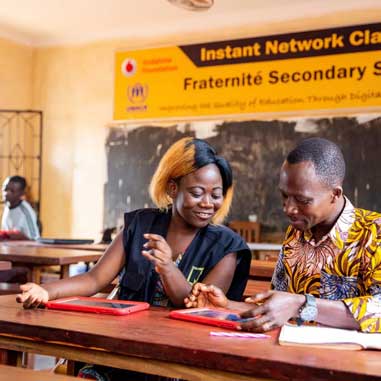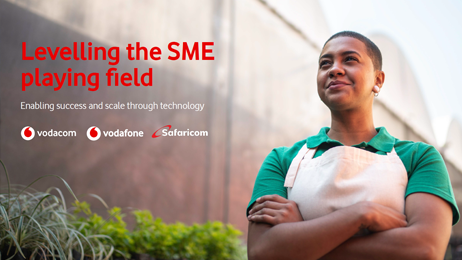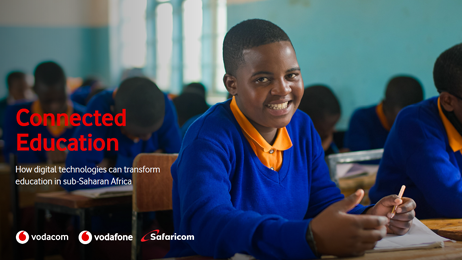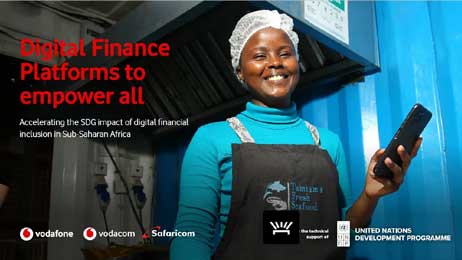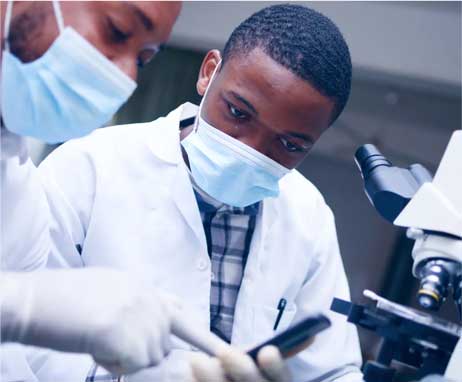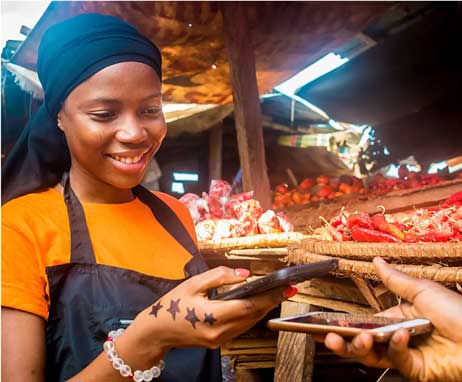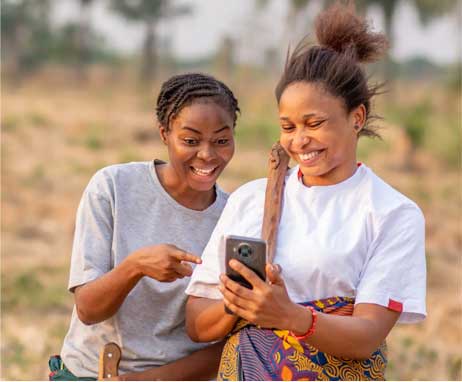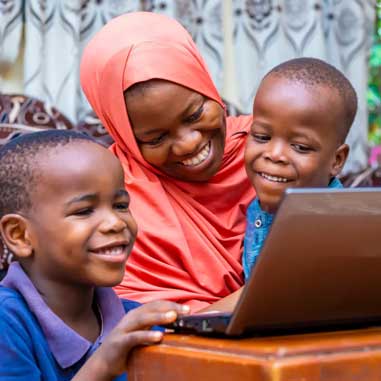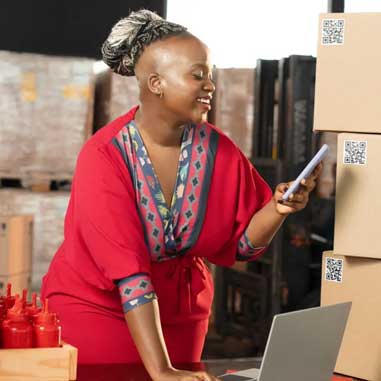Levelling the SME playing field
Small and Medium Enterprises (SMEs) play a pivotal role in both the global and African economy, contributing to job creation, innovation, economic growth, and regional development. The World Bank reports that SMEs are responsible for more than 80% of Africa’s employment and 50% of the GDP. However, SMEs in Africa face a number of distinct challenges, which include access to finance and markets, regulatory barriers, inadequate technology adoption and limited management capabilities. To address these stumbling blocks, strides must be made to promote financial inclusion, simplify regulation, enhance technological infrastructure, and encourage innovation.
In our latest Africa.connected research paper 99% of respondents echoed this sentiment. This report is based on conversations with 400 SMEs across eight African countries (South African, Kenya, Egypt, Ethiopia, Mozambique, Tanzania, the Democratic Republic of the Congo and Lesotho), ranging in size from 1 - 200 employees. These surveys were run in partnership with World Wide Worx, a South African market research business that focuses on trends in information technology and telecommunications and looks to better understand the specific challenges facing businesses wanting to adopt technology on the continent.
Before embarking on the research project to identify challenges and success factors among SMEs across Africa, we examined some of the best practices globally, versus in developing and emerging markets to better understand how different markets are using technology to improve their resilience and boost their contribution to the economy. The paper serves as a starting point for a far more pressing discussion around how to best support and nurture small businesses in an effort to further their success.
You can download the paper here.


 Lesotho
Lesotho Tanzania (EN)
Tanzania (EN) DR Congo
DR Congo Mozambique
Mozambique South Africa
South Africa
